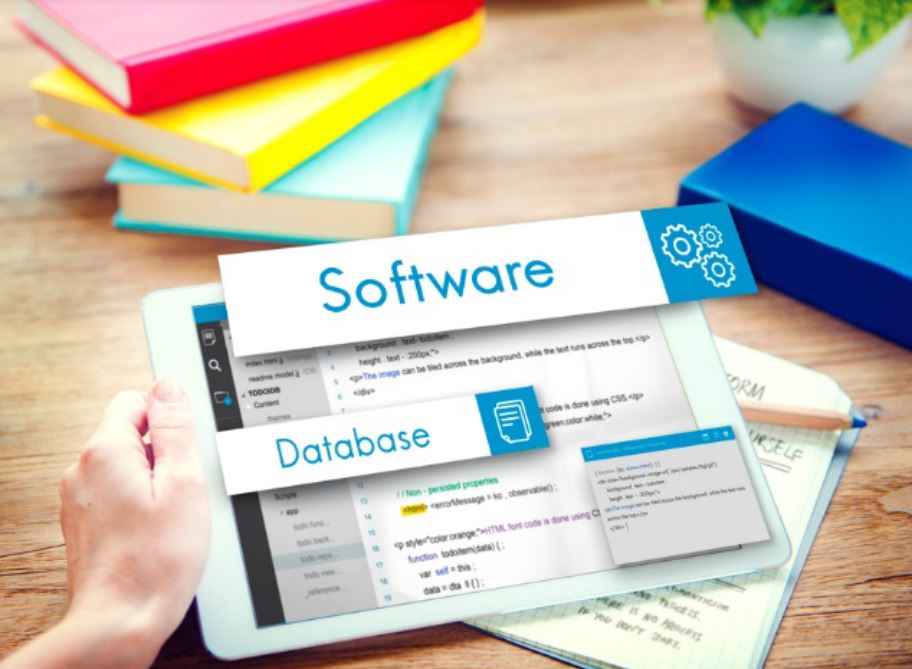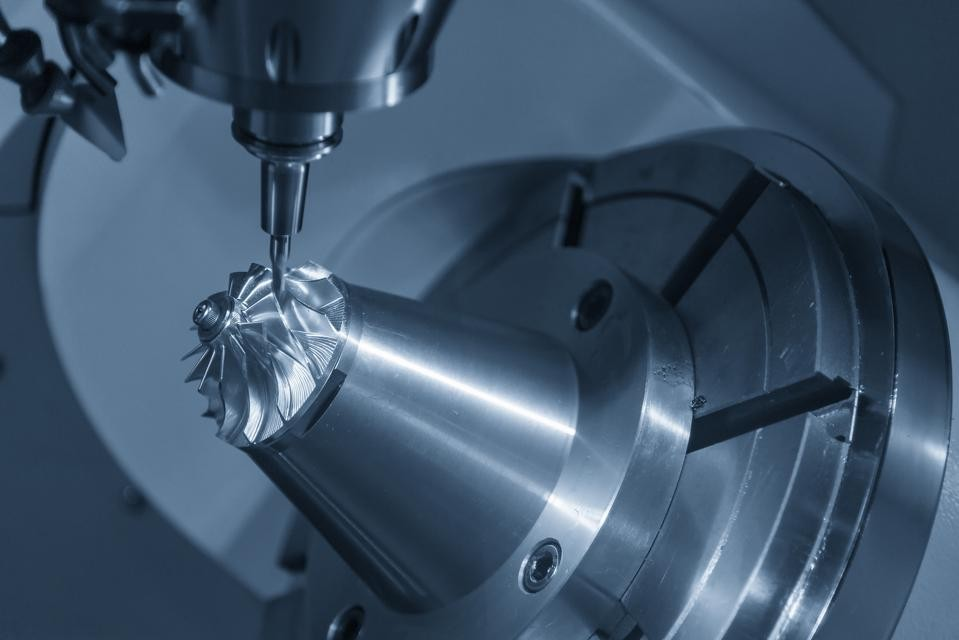
Nowadays, the integration of advanced software solutions has become a necessity. However, what gets easily overlooked is the need to align these tools with organizational processes.
Simply put, the technology should complement processes so as to jointly drive performance, collaboration, and growth.
Performance Management Matters
The traditional approach to performance management — annual reviews and feedback systems — is slowly but certainly being replaced by modern software solutions. Software for stellar performance management provides insights into both team- and individual performance in a structured way.
Namely, HR professionals can easily deploy these tools to get a comprehensive view of employee achievements and improvement areas. Since these software solutions enable leaders to set measurable goals and track progress with precision, personalized training plans come on board.
The impact of such performance management software extends beyond mere metrics. Scilicet, it generates a transparent feedback system that allows for personal growth. Employees tend to stay engaged and motivated when they know their efforts are being appreciated.
Since these tools monitor performance in real time, they contribute to a positive feedback culture.
Enhancing Employee Engagement with Successful App Outcomes
Another critical area where advanced software plays a significant role is in the deployment of employee apps. Successful employee app outcomes rely on the seamless integration of these solutions into daily workflows.
For apps to be able to drive productivity and engagement, they need to be well-designed and aligned with organizational- and team goals.
Effective employee apps offer various feats including but not limited to task management, communication, and collaboration. Features that allow for streamlining routine tasks, providing instant updates, and enhancing connectivity are certain to add value in the long run.
Bottom line, such tools ultimately manage to help in creating a cohesive work environment where employees can focus on high-impact activities rather than wasting time on administrative tasks.
However, the success of these tools is linked to their relevance. Businesses should look for software solutions that are intuitive and provide palpable benefits. Conversely, tools that are difficult to use or fail to meet the team’s needs only result in a frustrated workforce.
The Power of Mobile Learning Processes
The rise of remote work and flexible work models has made mobile learning processes increasingly important. Modern teams need access to training resources that transcend the confines of the traditional office setting. Mobile learning solutions provide flexible, instant access to educational content, which makes them perfect for the role.
Namely, they allow employees to engage with training materials at their own pace and from any location. It’s exactly this flexibility that can be a game-changer in the context of the fast-paced work environment of today.
A Cultural Shift New Tech Pioneers
Contrary to popular belief, embracing new technology portends much more than simply adopting the latest gadgets. In the context of the modern workplace, it translates into fostering a culture that welcomes innovation and change. Namely, teams that are open to integrating new tools are better positioned to adapt to evolving business needs and market shifts.
The process of embracing new tech actually comprises a couple of elements. Firstly, there should be a commitment to understanding the functionalities of new tools. Typically, this implies adequate training and support on the side of HR teams.
Secondly, continuous improvement should be in focus. Technology is constantly evolving, which makes staying current rather difficult. What is needed is a proactive approach to adopting new solutions. Teams that learn that technology is constantly evolving — as opposed to being a one-time implementation — are more likely to thrive in the process of innovation.
Lastly, it is essential that leaders provide the support employees need to adapt to new tech. Needless to say, leadership plays a critical role in the adoption of new technology. As they set the tone for the overall culture, it’s only natural that they lead by example.
Bringing Together Software and Processes
The successful integration of advanced software solutions and processes is all about how they work together to enhance team performance. This synergy creates a framework that supports productivity and collaboration and drives continuous improvement.
E.g., the combination of performance management software and effective feedback processes ensures that employees are continuously engaged. In a similar fashion, integrating mobile learning with daily activities allows for seamless skill development.
In other words, a holistic approach is what businesses need to adopt to ensure that advanced software solutions are actually serving a meaningful purpose rather than annoying employees.
The Future Ahead
Judging by present trends, it’s only likely that the evolution of technology will keep driving team success. The future is likely to unearth even more sophisticated tools designed to enhance performance and collaboration. That’s why businesses should think ahead and ensure organizational agility to be able to reap the benefits of the trend.
The key to long-term success lies in the thoughtful application of emerging technologies. However, the focus should be on how these tools can enhance team dynamics.
Read more on WCCO





